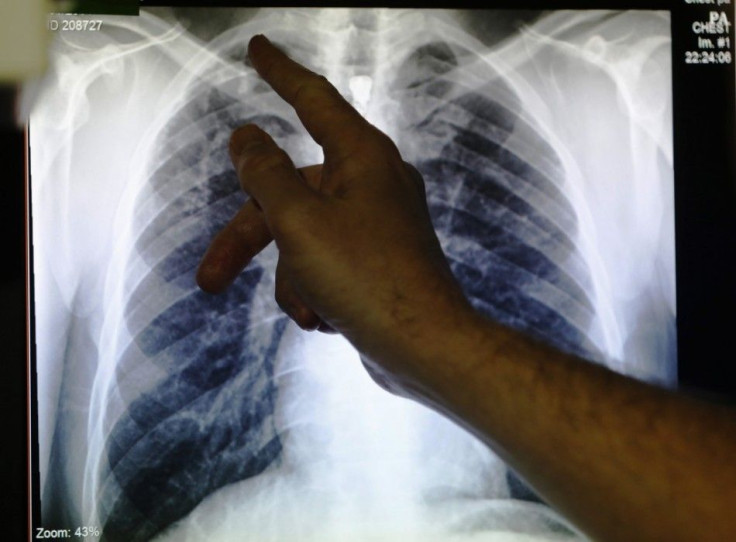Revolutionary nebulizer to replace life-saving vaccines for lung illnesses

An advanced nebulizer has been developed to deliver precise drug doses to patients with deadly or debilitating lung conditions such as cancer, tuberculosis, asthma and cystic fibrosis. Researchers from RMIT University in Australia claim that the cheap, lightweight and portable device can be a painless option to receive live-saving drugs traditionally administered by injection.
The nebulizer, called Respite, also has the potential to be used to give insulin to people suffering from diabetes, or even relieve infants from excruciating vaccinations. Unlike most nebulizers, Respite uses sound waves to excite the surface of the fluid or drug, which generates a fine mist capable of delivering much larger molecules directly to the lungs. The patented technology will be showcased at the upcoming TechInnovation 2015, a premier industry-to-technology event in Singapore.
According to Professor Leslie Yeo, director of RMIT’s MicroNanophysics Research Laboratory, the Respite technology may revolutionise how patients are treated with drugs, including people with lung cancer. He said the problem with normal puffers is that only 30 percent of the drugs actually get to the lungs while the rest is lost in the mouth, which poses a problem especially when the drugs used are expensive.
“The most important aspect of our device is that it does not require inhalation to generate the aerosols as with the ubiquitous inhalers, which can be a problem for people already suffering compromised lung function,” Yeo added.
According to the researchers, rigorous lab tests have proven that the device is capable of delivering next-generation drugs such as proteins, peptides and DNA to the lungs without a patient having to inhale them. The team claimed that Respite delivers drugs at rates of up to 3 millilitres per minute, which is higher than the benchmark of current nebulizers, at 0.4 milliliters per minute. Based on recent trials in Melbourne, sheep which received DNA flu drug via a nebulizer had comparable immune responses to animals injected with the vaccine.
Unlike one-size-fits-all inhalers, Respite allows the dose to be adjusted based on a patient’s size, age, gender, physiological profile and disease severity, Yeo claimed. He believes that because of this, the device has enormous potential, particularly for people with lung cancer.
Yeo said that the five-year survival rate for lung cancer, which is the most common cancer in the world, remains at around 15 percent despite the significant therapeutic advances achieved in recent years. To date, there are no personalised delivery devices for inhaled cancer drugs to improve these clinical outcomes. He pointed out that Respite addresses this gap as a low-cost and convenient yet efficient method of delivering oncolytics directly to the lungs.
RMIT’s researchers designed the nebulizer so it does not need meshes or nozzles unlike others, thereby preventing clogging or fouling problems that diminish performance. The team claimed that Respite can also be used for a range of non-pharmaceutical applications such as perfumes, cosmetics and sterilisation of equipment and surfaces.
Contact the writer at feedback@ibtimes.com.au or tell us what you think below.





















